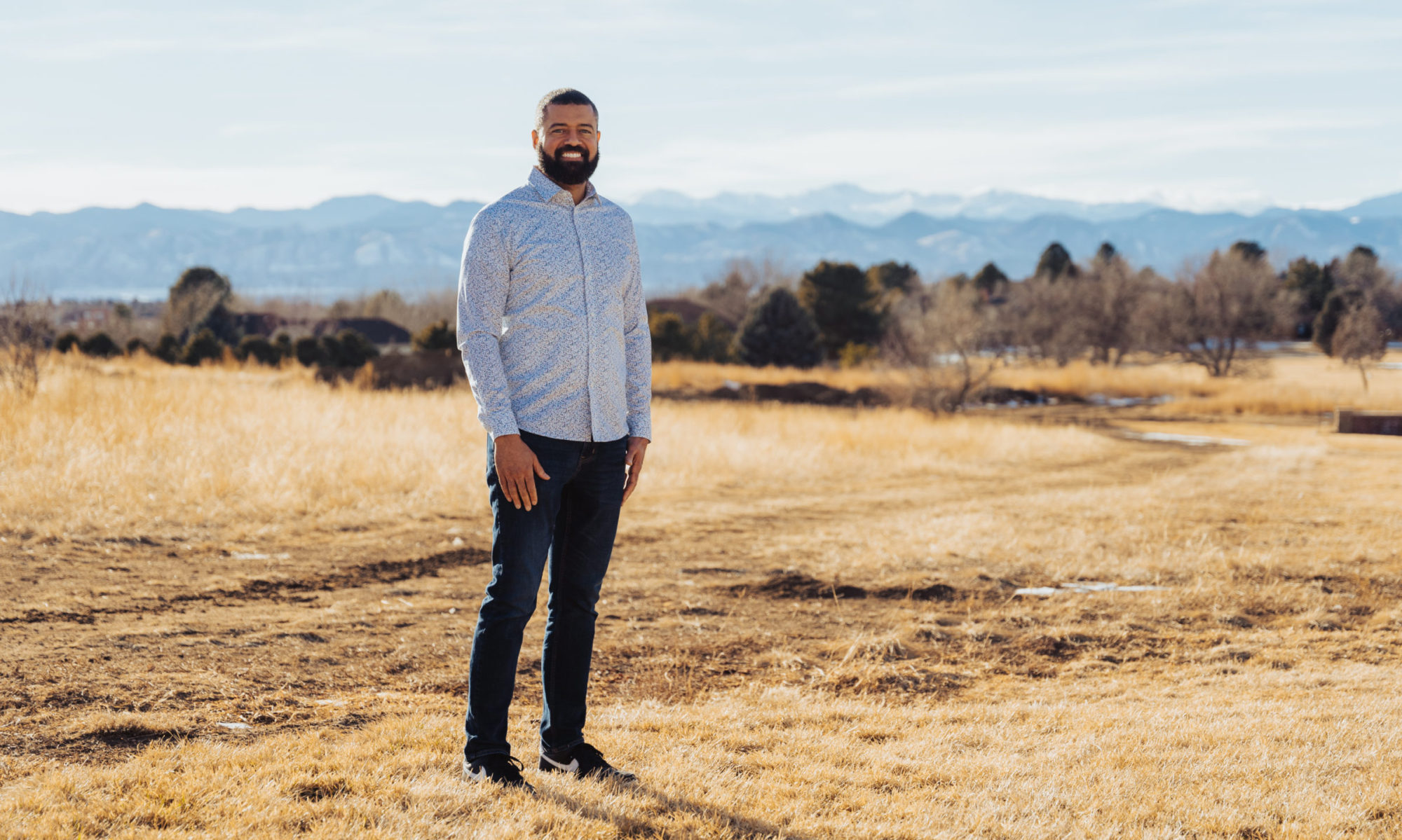
All organizations can fall into a rut of repeatedly doing the same things in the same ways even when they do not produce the results that they want. I think this can especially be true of churches. Churches and non-profits that resign themselves to routine will commonly say things like,
“People just aren’t interested in Jesus (church) anymore.”
“There are so many other things that compete with people’s time.”
“We’ve never done it that way before.” Variations include: “We’ve always done it this way,” and, “That’s always been our tradition.”
“Don’t upset the apple cart.”
“Don’t rock the boat.”
We may be guilty of saying these things because we have fallen into a routine. It’s our mind’s path of least resistance. Truth be told, your brain wants to use the least amount of energy possible. Instead of being satisfied with routine, we want to be purposeful in developing good intentional habits that make a powerful difference. With that in mind, our organization spent time developing habits that we want to do daily in order to make a difference and maintain the health of our organization. The first habit, “People First,” I shared with you in last week’s post. This week we will take a look at the habit, “Make it better.”
MAKE IT BETTER
So the question we ask ourselves daily is, “What am I doing to help us improve organizationally?” Another way you can ask the question is, “What can we do daily, each week, to help make adjustments and improve how we fulfill our mission/vision?”
For example, we identified that our church’s process of helping people become a part of our church family was too long, undefined, and difficult to scale. We recreated the process which has helped more people become a part of our church family. This is still a work in progress because now we are working on ways to help plug new people into ministry.
I also recently met with a volunteer who shared that their ministry programming was not as effective as they would like. They were not producing the results that they wanted. Instead of doing things as they “have always done them,” they decided to make adjustments to have a greater impact! They chose to “make it better.”
Those are good examples of improvement yet we also realize there are other areas where adjustments can be made. When you have an organizational habit in place to “make it better” then you will develop a mindset that continually evaluates effectiveness and you will produce a bias towards action. That may sound scary to some because of the possibilities of frequent needless change. “Change for the sake of change,” someone might say.
Realize that this habit does not necessitate the need for frequent big changes, but is critical for minor tweaks and adjustments. This helps to bring new life to established ministries, the phasing out of antiquated programming, the creation of more effective systems, and the better use of volunteers. Remember, the litmus tests of a proposed change’s validity are, “Does this help us improve organizationally? And, “Does this help us to fulfill our mission and vision?” If your church doesn’t have a mission and vision then ask, “How does this proposed change help us fulfill the great commandment and the great commission?” This applies to both large and small adjustments.
When we are committed to the habit of making things better there are two principles that help us repeat this habit.
Be resourceful
Most churches have a limited budgets, limited staff, limited amounts of volunteers and often a limited methodological framework in which to operate.
A lack of resources should never be an excuse to not “make it better.” It should never be an excuse for not making adjustments to help the congregation to reach people for Jesus.
Being resourceful means, you are able to deal skillfully and promptly with new situations and difficulties. A lack of funding, insufficient volunteers, restrictive leadership are viewed as opportunities for someone who chooses to “make it better.”
Your ability to “make it better” is not dependent on your resources, but your resourcefulness.
Be innovative
Choosing to be innovative means that you are able to introduce something new or different. Resourcefulness even in the midst of a lack of resources can actually be a major catalyst for innovation.
Multibillion dollar businesses such as Microsoft and Apple started small. Many large churches began as a single small group. The early church began with 12 disciples during a time of oppression and persecution. None of these people had all the things that we think we need in order to start something new. They worked with what they had within the cultural conditions that were handed to them.
In other words, they weren’t waiting around for the next innovation, but instead choose to be innovative. They weren’t waiting for things to change; they chose to be catalysts for change.
Your ability to “make it better” is not limited to your limited resources. You do not have to wait for the next innovation, but can choose instead to be innovative.
Followers of Christ serve a God of unlimited resources who is “making all things new.” We can choose to not base our ability to make an impact on what we can do or what we can see, but rather on what is unseen – what God sees and what God can do.
What will you choose to begin incorporating as your daily habits? Could the habit of “making it better” help to improve you and your organization? What thoughts has this stimulated for you? What habits do you need to establish for yourself and your organization?
Jovan preaches for the Littleton Church of Christ near Denver, Colorado. Visit here to listen to sermons preached by Jovan.

4 Replies to “Habits – Part 2: Make it Better”
Comments are closed.